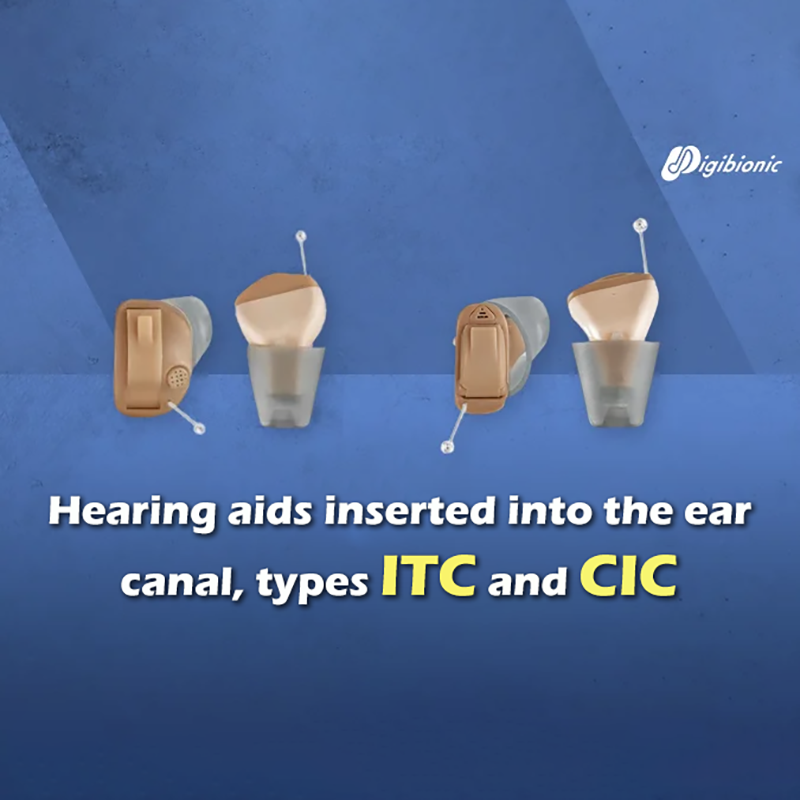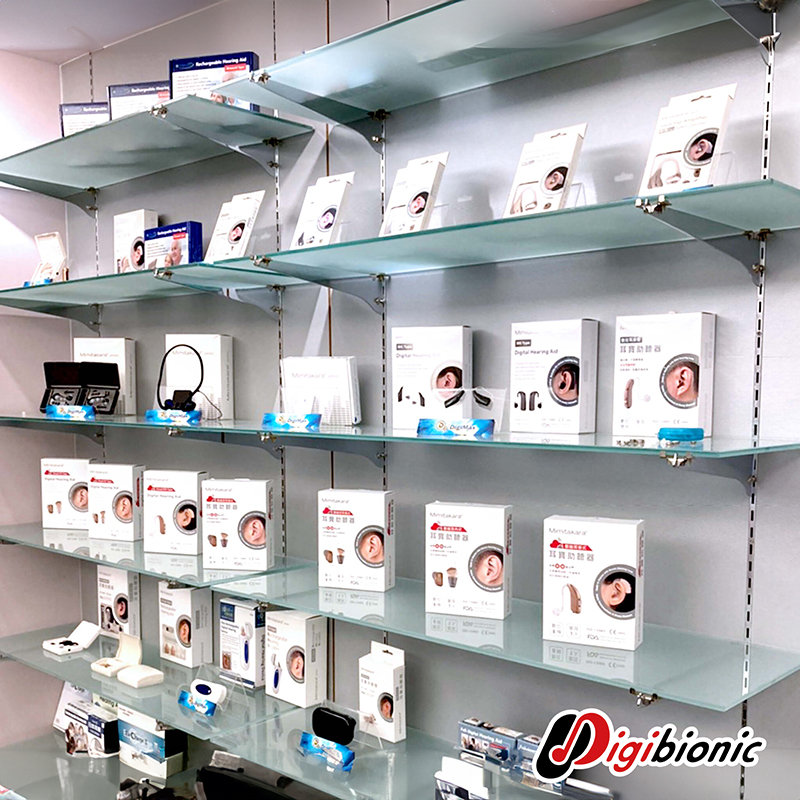Hearing aids inserted into the ear canal, types ITC and CIC
Very small in-ear hearing aids Suitable for people with mild to moderate hearing loss. Very small in-ear hearing aids Suitable for people with mild to moderate hearing loss.
Hearing aids inserted into the ear canal, types ITC and CIC Read More »






